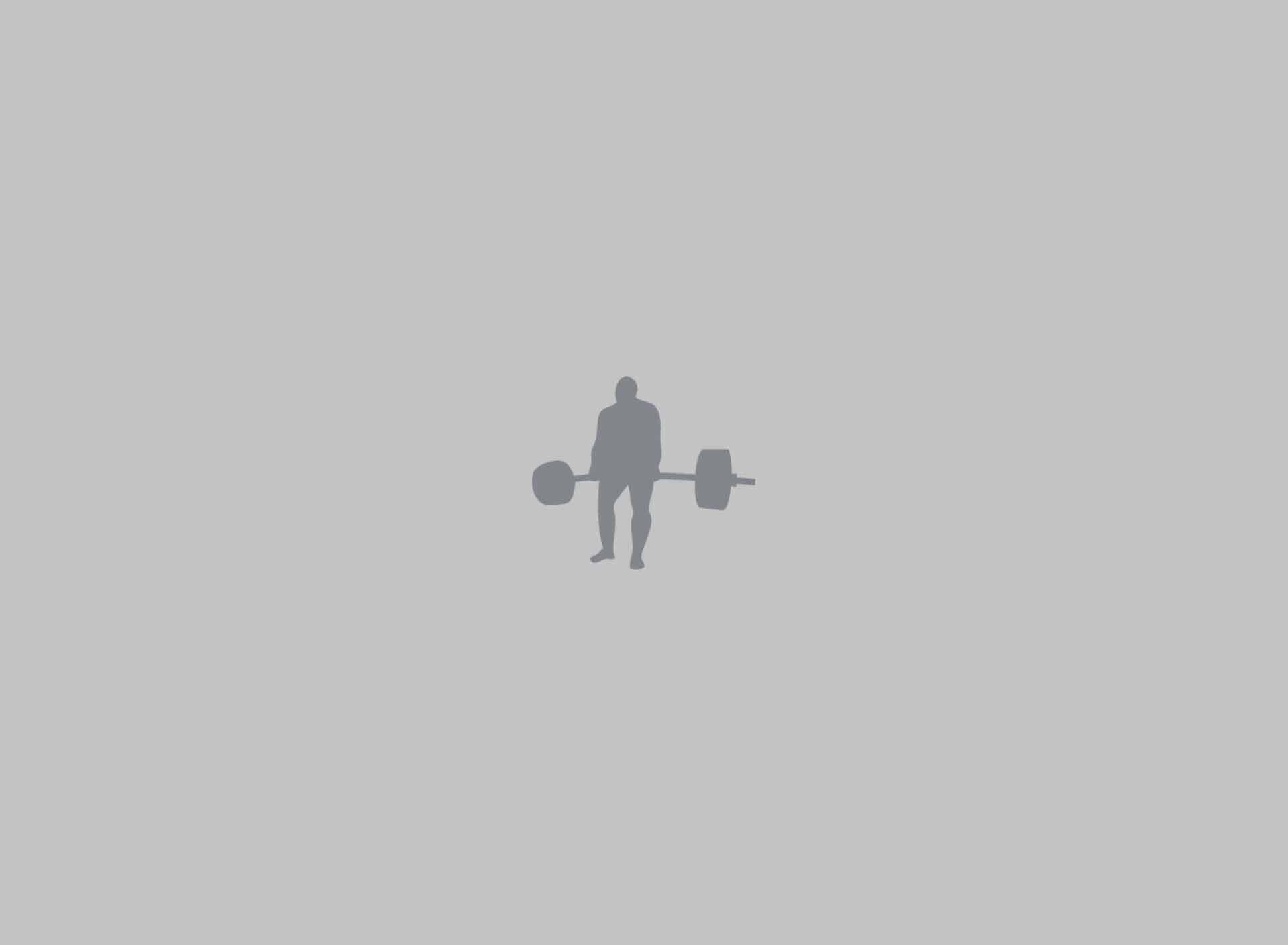Written by Team Juggernaut
There are many critics of the current US Olympic training model for Olympic lifting, some say that we spend too much time on the competition lifts, while others suggest that we should adopt a style of training more similar to that of America’s powerlifters, as they are much more successful in international competition than their Olympic counterparts, while others still think we need to strictly model our training after the top Olympic lifting countries, all of these assertions though I believe are incorrect.
J.L. Holdsworth (on EliteFTS.com)recently criticized the US Olympic lifters lack of maximal strength, as their downfall, this couldn’t be further from the truth. The point of diminishing returns from maximal strength development in the Olympic lifts and throwing events comes much sooner than many powerlifting advocates would like to think. Shane Hamman and Mark Henry are both perfect examples of this. Hamman squatted RAW well in excess of 900 pounds but couldn’t finish better than 7th at the Olympics.
[youtube height=”344″ width=”425″]KEy7bFtghcw[/youtube]
Hamman was also able to perform a standing back flip and possessed a near 40” vertical, physical traits that would allude to him having ample explosiveness and athleticism to excel in the Olympic lifts. Hamman though was too late to the Olympic Lifting game to develop the necessary motor patterns and technique to medal. Another perfect example of a tremendously strong American lifter who couldn’t translate his maximal strength to Olympic weightlifting glory is Mark Henry. Henry squatted 950 raw and pulled over 900, but couldn’t reach the medal stand in either of his Olympic appearances. When you compare Henry and Hamman’s maximal strength to that of other top superheavyweight competitors, they far surpass their foreign counterparts. Below is a video of Rezazadeh, world record holder in both the snatch, clean and jerk and total, front squatting 617 pounds for an easy double. While an impressive amount, it would be a paltry sum for either Hamman or Henry. There are certainly current US powerlifters who could match the number as well, but can’t even begin to imagine the power necessary to match Rezazadeh’s 581 pound clean and jerk.
[youtube height=”344″ width=”425″]hkSN3f-a3Ok[/youtube]
Some proponents of the need for US athletes to increase their maximal strength to improve performance in Olympic strength sports, will try to cite anecdotal evidence of powerlifters snatching or cleaning impressive (by non-Olympic standards) weights. Others still will say that if an athlete has such a huge deadlift or squat that 450 pounds in the snatch will become so light to them, a weight they would use for dynamic effort work, they will perform it with ease. These people are wrong! Rezazadeh’s world record clean and jerk of 581 pounds, represents a paltry 59.6% of Benedikt Magnusson’s 975 raw deadlift record. Why then wouldn’t Olympic lifters just try to build massive squats and deadlifts and by doing so make their snatch and clean & jerk weights, such insignificant percentages? The answer is because Olympic lifting isn’t like dynamic effort training for powerlifting, because all the Olympic lifts are dynamic in nature. Will taking your deadlift from 600 to 750 pounds make you more able to clean 550 pounds? Yes. Will taking it from 750 to 900 continue this trend? No. Once an adequate level of maximal strength has been achieved, everything becomes about speed and technique.
European and Asian athletes are able to achieve more success in Olympic weightlifting, discus/hammer/javelin throw, not necessarily because of superior training methods, drugs, support, or athlete selection, but rather organization. American athletes seem to fall into 1 of 2 traps when it comes to Olympic strength sports. 1) They come to a sport late with high maximal strength levels and then need to develop technical motor patterns, but have too many neural wiring issues to properly do so at that stage of development to achieve the degree of success necessary to win Olympic medals. 2) They develop proper technical skills at the sacrifice of maximal strength, in an attempt to avoid the issues of problem 1 and in doing so, do not develop the necessary strength levels to achieve success. This problem can only be rectified by properly sequenced training, that starts from early adolescence. Because of the problems created by big money professional sports, improper youth development programs and a host of other social and cultural issues, this seems to be an impossibility and leaves American Olympic strength sports with the same problem that exists now. So maybe the solution is this for Americans…be genetically gifted, find a mate with similar traits, have a child that you pass these traits along too and in raising them decide to forgo the lure of millions of dollars and fame to instead have them compete in obscure sports that may bring them personal satisfaction but won’t yield them any monetary success or improved social standing.

